Early in A Court at Constantinople, young barrister James Bingham arrives in Constantinople, capital of the Ottoman empire, to serve as a junior law clerk for the British Supreme Consular Court. During his audience with Lord Stratford, British ambassador to the Ottoman empire, the ambassador asks, “Tell me, Mr. Junior Law Clerk, now that you have joined the enterprise, what do you make of the British empire?”
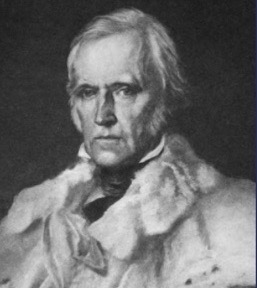
That question informs themes in the novel that touch on controversies concerning the legitimacy and legacy of imperial power. These issues have long been sources of debate and disagreement. However, the legitimacy and legacy of the British and Ottoman empires have recently attracted renewed attention, suggesting that the imperial themes in my historical novel had more contemporary relevance than I anticipated when I began working on it.
The Sun Never Sets on Empire Debates
Increasingly, the term “neo-Ottomanism” has been used to describe the policies of Recep Tayyip Erdogan, who has been president of Turkey since 2014. Neo-Ottomanism recalls the glories of the Ottoman empire in order to shape Turkish politics and blame Europeans for the empire’s demise in the latter half of the nineteenth and early part of the twentieth centuries. See M. Hakan Yavuz, Nostalgia for the Empire: The Politics of Neo-Ottomanism (2020).
The British empire has also generated fresh acrimony. Commentators believe that imperial nostalgia played an important role in Brexit—Britain’s decision to leave the European Union. Critics of the British empire have turned up the heat by demanding that Britain pay reparations to peoples over whom it once exercised imperial control. Such criticisms and demands prompted an Oxford theologian and ethicist to offer a qualified defense of the British empire. See Nigel Bigger, Colonialism: A Moral Reckoning (2023)—previously mentioned in Earth/Note 4: The Ethics and Evil of Empire.
The Dynamics of Imperial Rise and Fall
A Court at Constantinople unfolds in the historical moment when imperial Britain’s global ambitions are surging but the Ottoman empire is struggling against the technological, economic, political, and legal challenges created by the encroachment of the major European powers on Ottoman interests and dominions. The British and the Ottomans must decide how to manage all the changes roiling diplomatic relations between these two imperial powers.
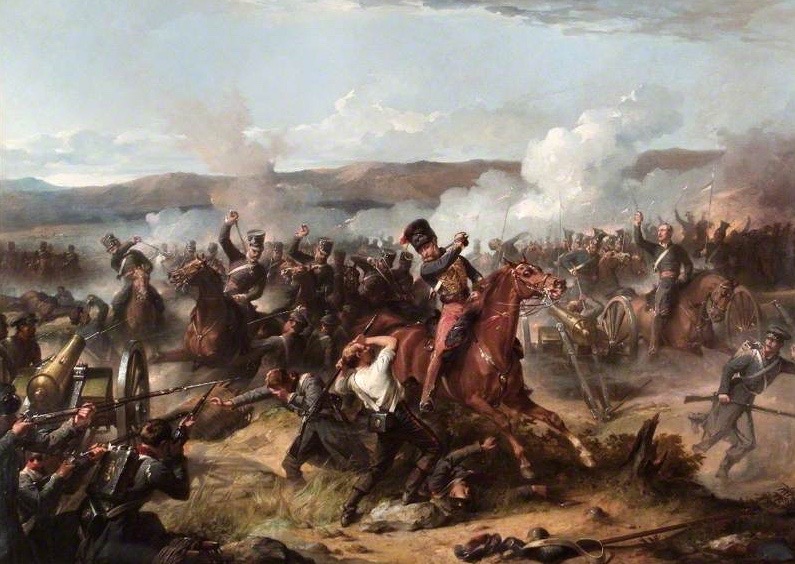
In 1859, when the story takes place, the British are not seeking imperial control over Ottoman territory, as they then exercised in India, and are not attempting to colonize Ottoman lands, as they had done in North America. But the British are increasingly powerful, as illustrated by British military intervention in the Crimean war (1853-1856) that helped protect the Ottoman empire from Russian imperial aggression.
The British—along with other European countries—have created a “standard of civilization” in international law, and they apply it to classify the Ottomans as “uncivilized” until the Ottomans reform their governance and justice systems to reflect European ideas. The Ottomans—proud of their empire and the Islamic civilization it has nourished for centuries—hate being considered “uncivilized.” But the Ottomans realize that they must change or face dangerous displeasure from more powerful countries, including the British—their erstwhile wartime allies. That coerced, infuriating need sparks different perspectives, as Chapter 2’s title, “Ottoman Voices,” signals. In that chapter, one angry young man, Ali, fumes that the British “make us suffer the humiliation of obligation.”
Trapped between an Ottoman Rock and a British Hard Place
All the novel’s characters are, in one way or another, caught in this vortex of transformation—but none more so than Osman Mehmed. The Ottoman government forces Mehmed, a brilliant law student, to work with the British Supreme Consular Court on Ottoman legal reform. Mehmed despises what the British demand of the Ottomans. However, he knows that the Ottomans are weaker and that he has much to learn about Islamic, Ottoman, and European law before he can contribute to Ottoman reformation. The trauma he and his family experienced under Ottoman rule and during the Crimean war, as well as guidance from the mufti, Kazim Hasan, teach him that Ottoman governance also needs reforms for reasons unrelated to British power and prejudice.
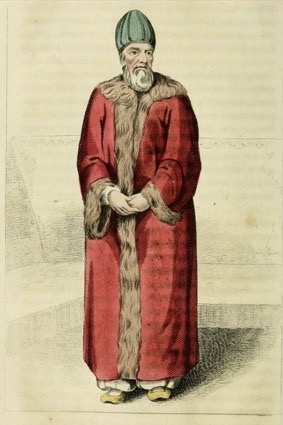
However, Mehmed’s attempts to channel his anger about British meddling into productive skills for Ottoman modernizing have him constantly at odds with either the British or the Ottoman government. Despite his truculence, he learns much from the British lawyers at the consular court, but he still rejects the legitimacy of what the British want. And he continues to experience firsthand why he should not be nostalgic about the legacy of Ottoman power.
Mehmed finds himself trapped between two imperial forces, and he repeatedly tries to find “another way” out of his predicament. The novel captures Mehmed’s situation most powerfully when he writes a manifesto for Ottoman reforms while in a British gaol, is then accused of sedition by the Ottoman government because of what he has written, and finally has his political views used as evidence against him when the British Supreme Consular Court puts him on trial for a brutal crime committed against an Englishwoman.
In Mehmed’s character and its development over the arc of the story, I attempted to distill the dilemma faced by Ottomans in the latter half of the nineteenth century as European—and especially British—political, economic, military, and imperial power globalized. The once powerful and proud Ottoman empire had become weak, vulnerable, and unable to avoid changes that would forever alter the life of its peoples. In 1859, the journey of transformation is incomplete and uncertain for Mehmed and the Ottomans—a potential source of frustration for readers, but necessary for the historical authenticity of the novel.
Empire’s Crucible of Change
I also intended Mehmed’s character—and the challenges the Ottomans faced at that moment in history—to capture something central to political and ethical arguments about the European “age of empire” in the latter half of the nineteenth century and early twentieth century. The creation of any empire brings radical changes to the societies affected. The debates about the legitimacy and legacy of empires scrutinize the ends and means of such imperial behavior. Why is empire justified, and how is imperial power used?
However superficially, nostalgia about empire—whether in Britain or Turkey—holds that the possession and exercise of imperial power were legitimate and produced worthy outcomes that should inform contemporary politics. Nigel Biggar’s more rigorous analysis cautions against seeing the British empire as irredeemably evil in its ends or means. The British, he writes, can feel “pride and shame” about Britain’s imperial past.
That more complex range of emotions is what Mehmed experiences with the British and Ottoman empires. Mehmed concedes that some British criticisms of the Ottoman justice system have merit and were only being addressed because of British pressure. But he sharpens his criticism of British behavior as he sees the British manipulate the law to advance their political interests and power in Ottoman lands. “When,” he challenges James Bingham, “did justice become whatever Englishmen think is most convenient for the English?”
“Where Justice Should Never Be Wholly Ours or Entirely Theirs”
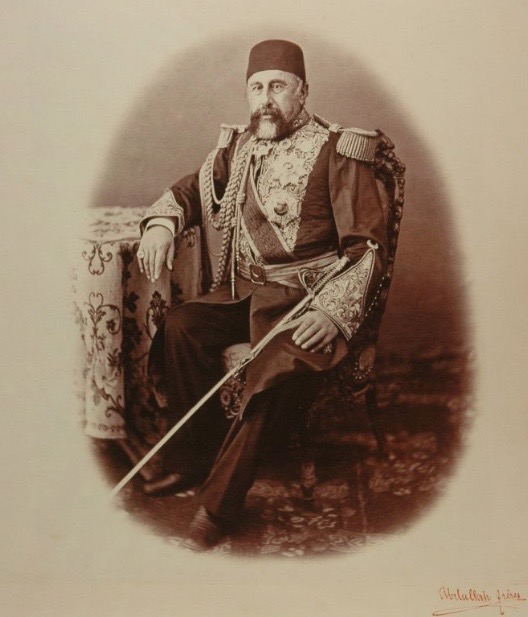
Mehmed and James are brought together to work on a legal reform project concocted by Fuad Pasha, the Ottoman foreign minister, and Edmund Hornby, chief judge of the British Supreme Consular Court. The objective is a “legal code of Turkish and English making” that teaches “the diverse nations of the world how to build justice together” and that arises in Constantinople, the “touchpoint between East and West” and “a place where justice should never be wholly ours or entirely theirs.”
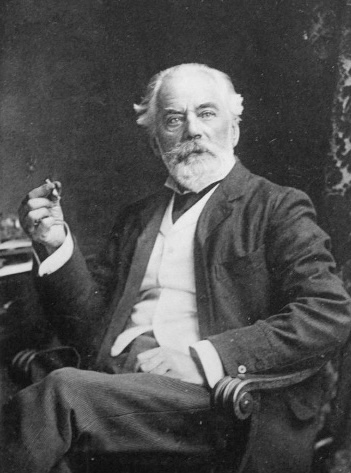
In the novel, the fate of this legal code haunts Mehmed and James as animosity between the British and Ottoman empires threatens to overwhelm the ideal of shared justice the code was to embody. The consequences of what happens to this code fall more heavily on Mehmed, whose story represents what other peoples who have endured imperialism have experienced—justice will never again be wholly theirs or entirely dictated by foreign powers. What follows is a journey of complex provenance and uncertain destination.
As the novel ends, Mehmed and James face new journeys. We can wonder, as we imagine them departing, what Mehmed and James made of the British and Ottoman empires after everything they experienced in a court at Constantinople.